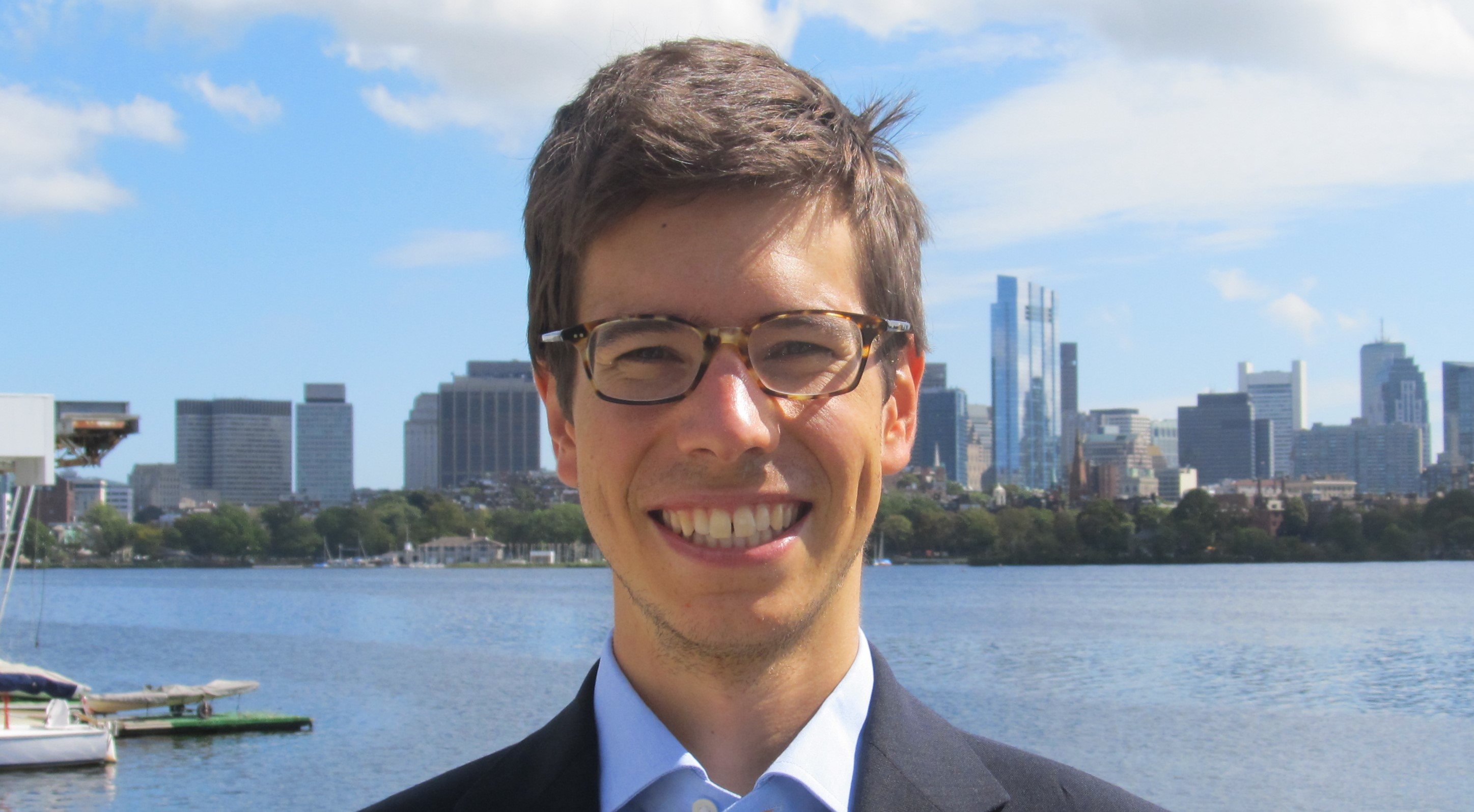Homeward Bound: How Migrants Seek Out Familiar Climates

SPEAKER:
Marco Tabellini, Harvard Business School
Homeward Bound: How Migrants Seek Out Familiar Climates. Joint with Marguerite Obolensky (Columbia) and Charles A. Taylor (Harvard Kennedy School)
ABSTRACT:
This paper introduces the concept of “climate matching” as a driver of migration. Using historical censuses and administrative data, we document several novel findings. First, we show that climate strongly predicts the spatial distribution of international and domestic migrants in the US, both historically (1850-1940) and more recently (2011-2019), whereby movers select destinations with climates similar to those in their origin. Second, we analyze historical flows of German, Norwegian, and domestic migrants in the US and find that climate sorting also holds within countries. Third, we exploit variation in the long-run change in average US climate from 1900 to 2019 and find evidence of climate matching over time, with migration increasing between locations whose climate converged. Our results hold across time, geography, and migrant groups, and are not driven by the persistence of ethnic networks or other confounders. We provide evidence for two complementary mechanisms: climate-specific human capital and climate as amenity. We then back out the marginal value of climate by:
i) exploiting the 1862 Homestead Act, a public policy that changed relative land prices; and,
ii) estimating the effect of climate mismatch on life expectancy.
We conclude by projecting how climate change can reshape the geography of US internal migration throughout the 21st century.